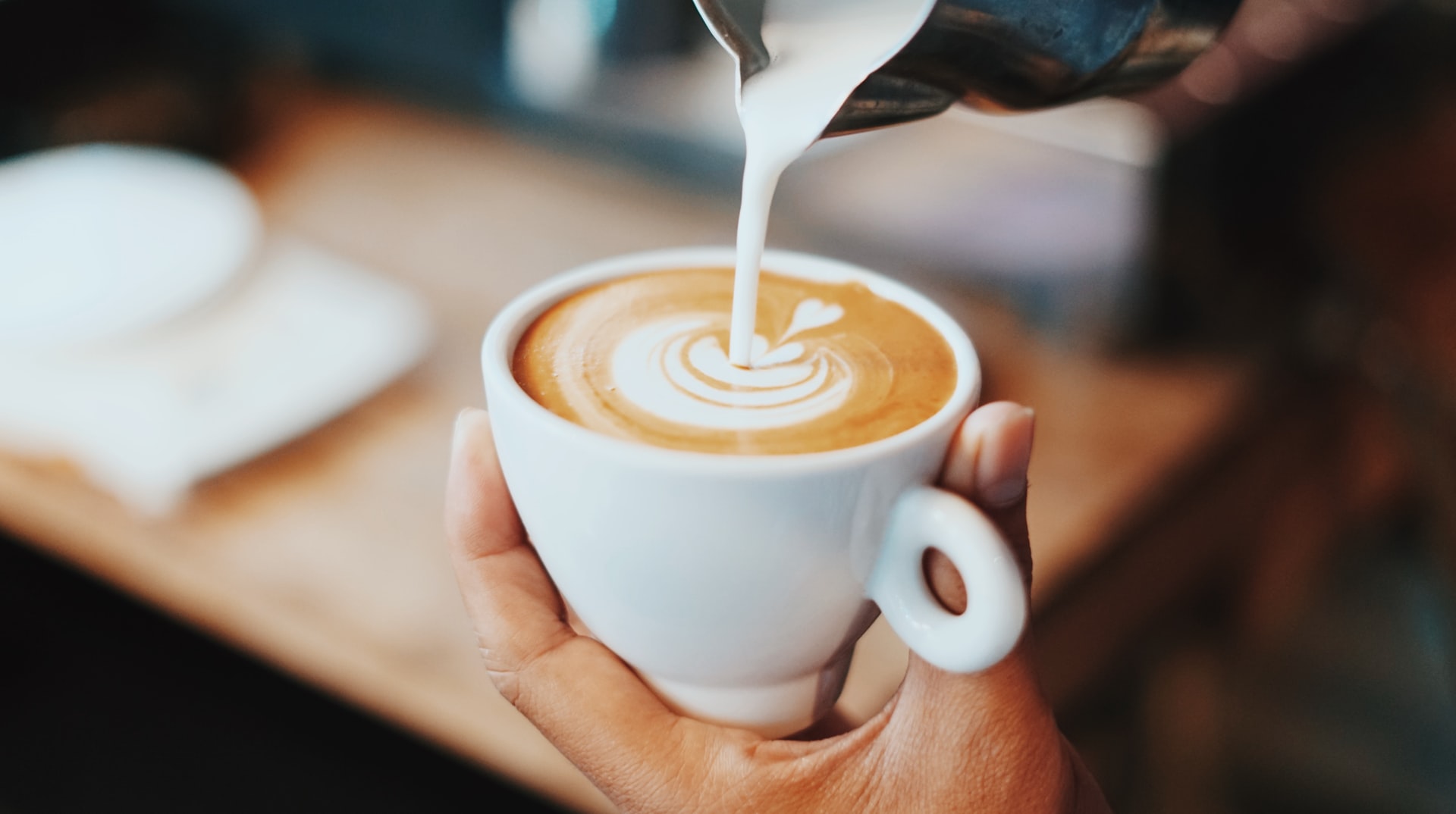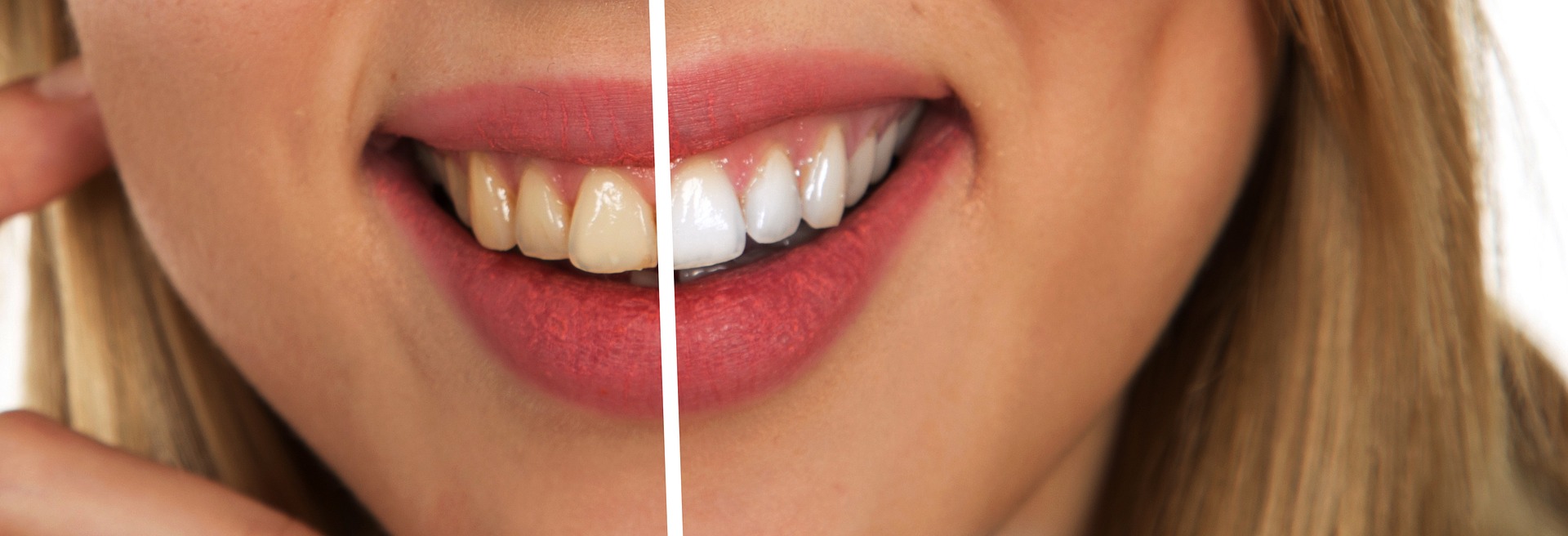Your morning alarm sounds, and you begrudgingly get out of bed. You pull yourself toward the kitchen for the one thing that wakes you up for the workday.
But should you worry about your teeth?
Many Americans drink coffee to get their days started—then feel a twinge of guilt when their dental hygienist mentions staining on their teeth. But is coffee truly bad for your teeth? What if you only drink it in small amounts or you brush your teeth daily? Here’s a rundown of everything you need to know about coffee’s impact on your dental health and teeth coffee stain removal.
Popular Conceptions About Coffee and Dental Health
The popular perception of coffee’s impact on oral health doesn’t always align with reality, but that’s not to say coffee has no effect on teeth, either.
Myths About Coffee and Teeth
When it comes to the question “Is coffee bad for your teeth,” one of the biggest myths is that coffee causes irrevocable harm to your dental health. On the other hand, it’s not that you should have no concerns. The truth is somewhere in the middle.
Perhaps one of the stranger myths related to teeth and coffee is that eating a carrot immediately after you drink coffee will prevent staining. We’ll explore the truth concerning this dental “trick” below.
Separating Fact from Myth
So, is coffee bad for your teeth? The good news is that coffee can, in fact, benefit your teeth. That’s because coffee possesses both antibacterial and antioxidant properties, which benefit your general health as well as your dental health.
The antibacterial properties help to fight pathogens that can harm your teeth. Meanwhile, the antioxidant properties help to reduce reactive oxygen species, which play a role in gum disease—an inflammatory oral disease. These powerful properties of coffee can be attributed to compounds called polyphenols, which are found in many foods and plants.
But don’t get too excited. Coffee has some dental-related drawbacks, too.
For starters, coffee is acidic, which can take a toll on the enamel—the hard outer surface—of your teeth. When your protective enamel begins to wear down, this makes your pearly whites more sensitive and susceptible to damage as a result of disease and trauma.
Coffee is also bad for your teeth in that it can stain your teeth, as the beverage features tannins—dark pigments that attach to the teeth. These pigments can easily yellow the teeth over time.
You may be tempted to eat carrots after drinking coffee to prevent staining, per one of the myths on teeth coffee stain removal mentioned earlier. Yes, fruits and vegetables like carrots, celery, and apples are nature’s stain removers, so they can help to wash away coffee tannins. However, simply eating these foods likely will not prevent a yellow hue from forming on your teeth.

When You Should Be Concerned About Your Coffee’s Dental Effects
Considering that coffee is bad for your teeth, you should be concerned about its impacts on your oral health if you continually consume more than two cups of joe per day.
It’s also time to pay extra attention to how your coffee is affecting your mouth if you haven’t visited the dentist in more than six months. Regular dental checkups are critical for preventing oral issues before they start and tackling issues that have already cropped up.
Finally, you should be concerned about your coffee consumption if you notice that your teeth have already become discolored.
At-Home Habits
Although coffee is bad for your teeth, it’s still possible to enjoy it while maintaining that pearly-white grin.
Yes, everything will be okay—your life as an avid coffee drinker isn’t over. And it’s all because a few simple good habits can help with teeth coffee stain removal moving forward.
First, diminish those coffee stains by diluting your favorite coffee with milk. Also, consider drinking your coffee through a straw so that it makes less contact with your teeth. You may additionally want to drink more water while drinking coffee or after drinking it. This is because water neutralizes your mouth’s acids, resulting in less damage to your teeth.
An electric toothbrush can furthermore help with removing stains. This is especially true when you brush right after you drink your coffee and when you use whitening toothpaste.
Consider brushing your teeth with some baking soda as well. The baking soda can help to remove tannins and color compounds that are stuck on your teeth.
How a Dentist Can Help with Teeth Coffee Stain Removal
Because coffee is bad for your teeth, you should also consider teeth whitening services at your local dentist’s office if you are a regular java drinker.
Through professional whitening, you can restore your teeth’s bright color while protecting them. In-office dental whitening tends to have longer-lasting effects compared with home teeth-whitening remedies.
Keep Your Teeth Looking White and Healthy with the Help of Definitive Dental
If you’re concerned that coffee is bad for your teeth, now couldn’t be a better time to take advantage of our Zoom! Solution for whitening teeth at Definitive Dental, located in Grand Prairie, Texas. It’s also an excellent time to schedule your next dental exam and cleaning, which will further help to keep your teeth in tip-top shape.
Known for dentistry done right, we have earned 375+ five-star reviews due to our stellar service. We stand behind all of the work we do and are devoted to providing an excellent patient experience.
Schedule an appointment with us by calling or texting us at (972) 646-0660, or reach out to us via our contact form today!







